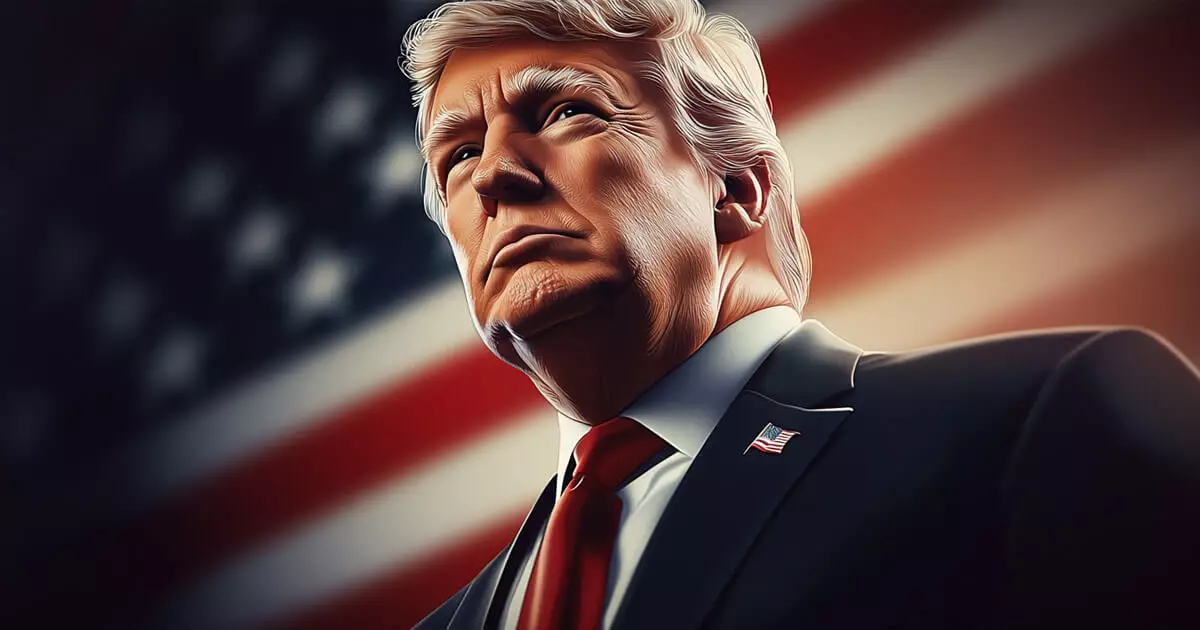The evolving political landscape in the United States is likely to have far-reaching implications for the cryptocurrency sector. With the election of Donald Trump as President, many anticipate a significant shift in the regulatory approach toward digital assets. During his campaign, Trump indicated a desire to diminish stringent enforcement actions against cryptocurrencies, suggesting a refocus of governmental resources towards issues he prioritized, such as immigration law enforcement. This anticipated shift represents both an opportunity and a challenge for stakeholders in the cryptocurrency space.
Legal experts and former government officials gathered recently in New York to discuss these imminent changes. They conveyed a consensus that while crypto fraud will not be entirely overlooked, it will likely fall lower on the priority list of federal enforcement agencies—an outcome that could reshape the landscape for crypto compliance and regulatory scrutiny. Scott Hartman, a high-ranking official in the U.S. Attorney’s Office, revealed that his office plans to allocate fewer resources to cryptocurrency-related prosecutions, signaling a retreat in the aggressive approach taken in recent years, particularly during the so-called ‘crypto winter’ of 2022.
This intention to scale back resources raises important questions about the future of existing cases and the overall regulatory environment. Many projects and exchanges could breathe easier if the oversight weren’t as heavy, but it also opens the door to potential fraud as the deterrent effect of regulatory scrutiny diminishes.
The suggestion that immigration law might take precedence illustrates a broader philosophical shift within the Justice Department and related agencies. Experienced voices like Steve Pelkin, a former top SEC enforcer, emphasized the likelihood of a substantial realignment of resources. The potential decline in crypto enforcement may lead to a vacuum where less responsible actors could exploit the lower vigilance, potentially leading to a rise in fraudulent schemes if not checked by market forces alone.
Additionally, Trump’s intention to nominate Jay Clayton as the new U.S. Attorney in Manhattan suggests a return to the approach seen during his first term. While Clayton had previously pursued certain crypto cases, his overall strategy was deemed less aggressive than that of current SEC Chair Gary Gensler. This change in leadership could signal yet another period of uncertainty for cryptocurrencies already embroiled in ongoing legal battles with the SEC.
As the Trump administration prepares to assume power, the path forward for cryptocurrency regulation remains uncertain. The SEC is currently entangled in litigations with major players in the market, such as Coinbase and Binance. Stakeholders are left wondering whether these cases will persist under the potential new leadership, or if a shift towards a more lenient regulatory environment will prompt a reevaluation of current actions.
The changing hands of power in Washington signal a significant potential for alterations in how cryptocurrency is treated under the law. Those engaged in the cryptocurrency sphere must brace for a climate where enforcement priorities could tilt dramatically, leading to either a resurgence of innovation or an increase in risk if oversight continues to wane. The coming months will be pivotal as both regulators and the industry step into this uncharted territory together.


Leave a Reply